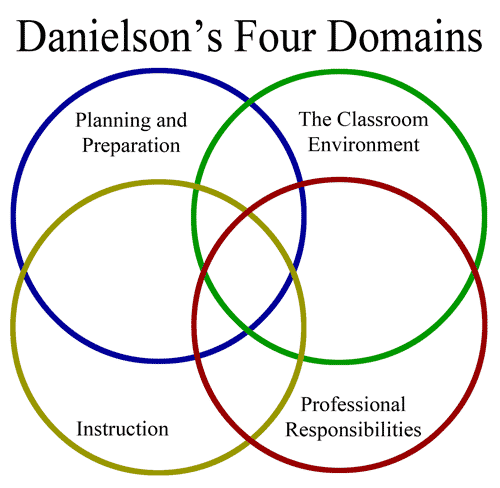As part of the Mifamily project, the partnership is currently developing training content for teachers, educators and volunteers working or supporting education for migrant children, to help strengthen the integration of students from migrant backgrounds in to the host country’s school settings and to support children’s success in education by providing training, coaching and guidance to their parents by using family learning methods and resources to overcome language and cultural barriers and foster active involvement of migrant parents in their children’s schooling
INQS, as part of this process, is responsible for developing the curriculum for learning unit 6 – Self-evaluation and professional development for teachers, with a view to family learning. As part of this, INQS has been examining the use of a framework to help teachers evaluate their own teaching. In particular, “The Framework for Teaching Evaluation Instrument” was created by Charlotte Danielson and is based on breaking teaching down into 4 “domains” or areas, which is further broken down into 22 components:
- Planning & Preparation – This refers to all the different elements that go into preparing and planning the teaching that will take place. This includes the type of instruction that will be taking place, how the learning activities are sequenced, what will be required of the students, etc.
- Classroom Environment – This refers to the way in which they classroom environment is organised so that all students can learn to the best of their abilities. This domain is broken down into the following components:
- Creating an Environment of Respect and Rappor
- Establishing a Culture for Learning
- Managing Classroom Procedures
- Managing Student Behavior
- Organizing Physical Space
- Instruction – This refers to the way in which the students are engaged in the learning – how they contribute in-class, how they participate, how feedback is given and how students take responsibility for their learning. This domain is broken down into the following components:
- Communicating with Students
- Using Questioning and Discussion Techniques
- Engaging Students in Learning
- Using Assessment in Instruction
- Demonstrating Flexibility and Responsiveness
- Professional Responsibilities – This refers to teachers’ professionalism – including their teaching, reporting, etc. as well as how they engage in professional development to improve their practice.

The intention is that through using frameworks such as these to help support teachers in how they evaluate their teaching practice, Learning Unit 6 of Mifamily project will be able to address the skills and knowledge related to this defined in the LU6 curriculum – in particular to:
- Understand the key personal and professional characteristics and skills that affect teaching &; learning
- Ability to reflect on teaching and learning practices and evaluate prior experiences and current working contexts which have affected these.
- Engage in and monitor self-development activities